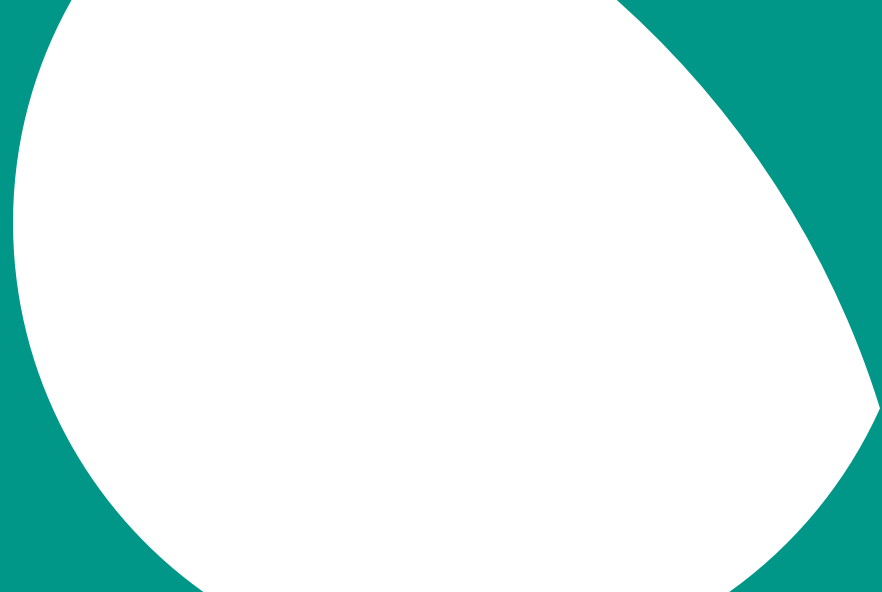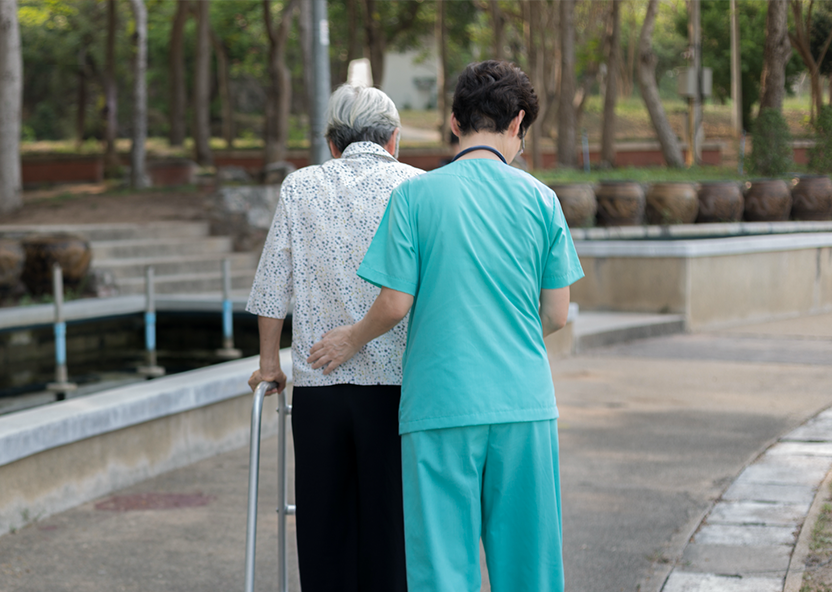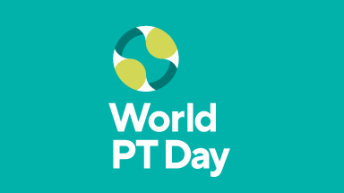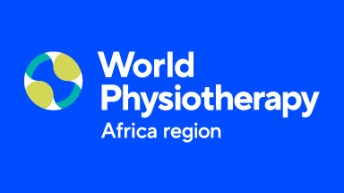The Nigeria Society of Physiotherapy was formed in 1959 and by 1962 had been recognised by federal and regional governments. The society has been a member of World Physiotherapy since 1967 and is part of our Africa region.
Specialty groups
The Nigeria Society of Physiotherapy, or its national special interest groups, are members of the following specialty groups recognised by World Physiotherapy:








